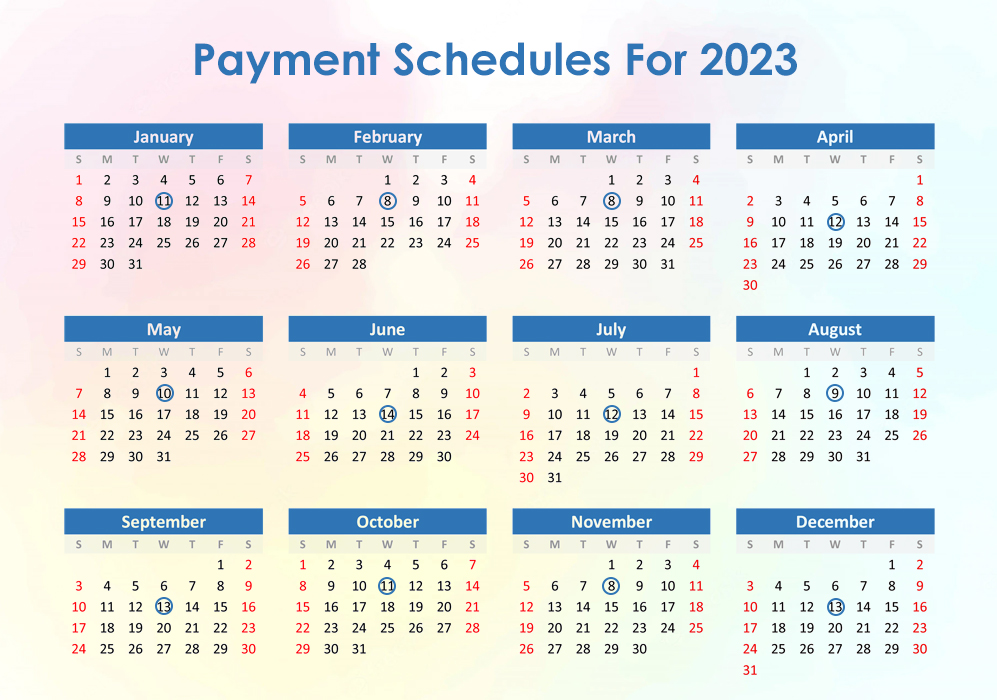The Trump administration has recently announced plans to phase out paper checks for Social Security recipients, a move that is expected to affect millions of Americans. According to a report by
Axios, the administration has ordered the end of paper checks for Social Security benefits, citing cost savings and increased efficiency.
The Reason Behind the Change
The decision to end paper checks is part of a broader effort by the government to reduce costs and modernize its payment systems. The Social Security Administration (SSA) has been encouraging recipients to switch to direct deposit or debit cards for several years, and the new rule will make electronic payments mandatory for most beneficiaries. The SSA estimates that the change will save the government around $1 billion over the next 10 years.
How Will This Affect Social Security Recipients?
The end of paper checks will affect approximately 5 million Social Security recipients who still receive their benefits via mail. These individuals will need to switch to electronic payments, either through direct deposit or a debit card, to continue receiving their benefits. The SSA will provide assistance to help recipients make the transition, including online resources and phone support.
Benefits of Electronic Payments
While the change may cause some inconvenience for those who are accustomed to receiving paper checks, electronic payments offer several benefits. These include:
Faster access to funds: Electronic payments are typically deposited directly into a recipient's bank account, eliminating the need to wait for a check to arrive in the mail.
Increased security: Electronic payments reduce the risk of lost or stolen checks, which can be a significant problem for vulnerable populations such as the elderly.
Convenience: Electronic payments can be easily managed online or through mobile banking apps, making it easier for recipients to track their benefits and manage their finances.
What Recipients Need to Do
Recipients who currently receive paper checks will need to take action to switch to electronic payments. The SSA will provide instructions and support to help recipients make the transition. Here are the steps recipients can take:
Sign up for direct deposit: Recipients can sign up for direct deposit online or by calling the SSA.
Apply for a debit card: Recipients who do not have a bank account can apply for a debit card through the SSA.
Seek assistance: Recipients who need help with the transition can contact the SSA or visit their local Social Security office.
The end of paper checks for Social Security benefits is a significant change that will affect millions of Americans. While it may cause some inconvenience, electronic payments offer several benefits, including faster access to funds, increased security, and convenience. Recipients who currently receive paper checks should take action to switch to electronic payments to ensure they continue to receive their benefits without interruption. With the SSA's support and resources, recipients can make a smooth transition to electronic payments and enjoy the benefits of modernized payment systems.
Note: This article is for informational purposes only and is not intended to provide financial or legal advice. Recipients with questions or concerns about the change should contact the SSA or seek advice from a qualified professional.









